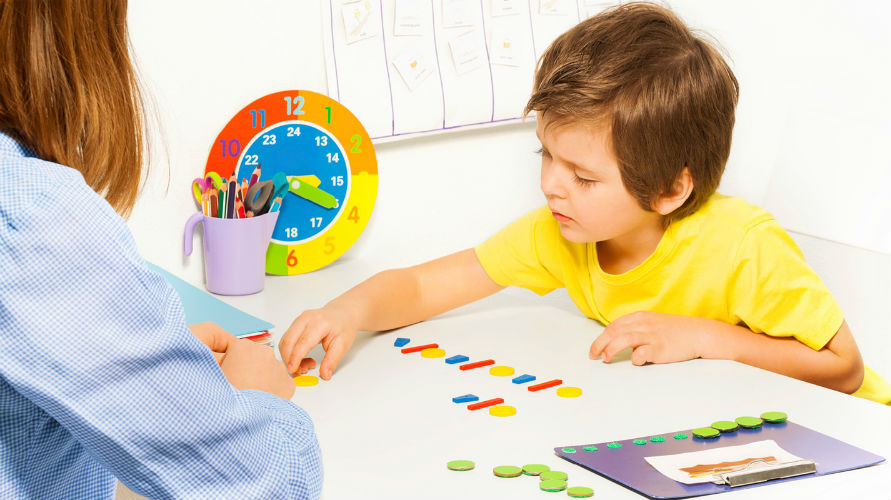How autism affects learning
Children diagnosed as being on the autism spectrum may have average or above-average intelligence, however autism can still compromise learning and development in a number of ways.
These learning challenges can be adequately and sufficiently addressed, particularly with early detection and interventions, and in some instances, these learning difficulties present with unique strengths and talents additionally present in the child.
• Children with autism spectrum disorder (ASD) develop atypically and don’t necessarily develop skills in a typical fashion as neurotypical children do.
• Children with ASD can experience difficulties paying attention to others, communicating, understanding other perspectives, and seeing things in entirety. These challenges affect a child’s trajectory in a significant way.
• Understanding the challenges your child experiences will enable you to assist and aid in their development in a positive way.
Autism and Asperger’s syndrome, which are under the umbrella of Autism Spectrum Disorder can cause issues in crucial areas of development:
• Verbal and nonverbal communication
• Social interaction
• Imaginative or creative play
• Sensory processing.
Autistic children sometimes encounter difficulties understanding or communicating their needs to teachers and fellow students. They can experience trouble understanding some classroom protocol and instruction, along with indirect body language of teachers such as cues and gestures. Dysfunctional social interaction can lead to maladaptive behaviors, social humiliation and exclusion. Challenges with imaginative or creative play negatively affect interactions with other children and mean that many teaching strategies will be ineffective. Sensory issues imply that a student may not be capable of coping with noisy environments, being touched by others, or maintaining eye contact.
This inability to fully comprehend and understand the world around them often makes education emotionally taxing for the child, and teachers frequently report difficulties meeting the needs of students on the autism spectrum.
Teachers need to be fully cognizant of a student’s disorder, and ideally should have specific experience and competence in autism education, so that they are able to help the student get the best out of his or her classroom experiences.
